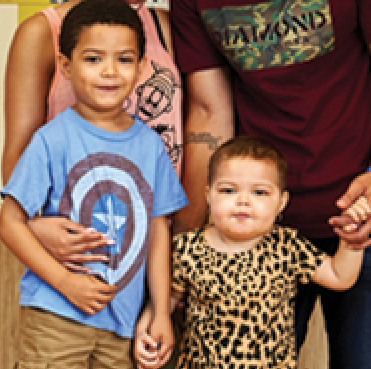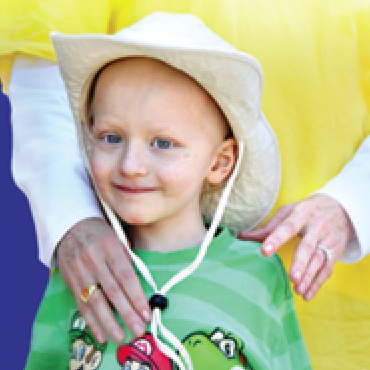As medical science allows us to become more proficient at saving the lives of pediatric cancer patients, their need for survivorship support in adolescence and adulthood has grown. Approximately two out of three children experience at least one long term side effect (late effect) of treatment. These side effects may affect any organ depending on the primary cancer diagnosis and the treatment the child received. These may include damage to the heart, lungs, kidneys, sexual organs, as well as cause psychosocial, emotional effects and learning difficulties. In addition, there may be difficulty in obtaining health and life insurance as well as possible discrimination in adulthood obtaining a job.
Topics: Pediatric Cancer, cancer, LITE, long term follow up, long term care, childhood cancer, side effects, late effects
“Mommy, I want to do normal things, like other kids…”
When your child has cancer, there are no easy answers to this familiar and heart-wrenching refrain. The Valerie Fund has always known this, and in 1983, the organization took a giant step to give children with cancer at least one experience other kids have – going away to summer camp.
Topics: Pediatric Cancer, camp happy times, camp
 Physicians are trained to utilize modern scientific means to combat cancer at its source, but they are the first to admit these treatments that “cure” can take a huge toll on the patient. The side effects of chemotherapy and radiation are well known: pain, discomfort, nausea and other issues that require their own set of treatments. That the physical well-being of the patients with life-threatening illnesses is inextricably linked to their emotional state has become widely accepted. Merging integrative health services with medical care and psychosocial support can improve the quality of treatment for these patients.
Physicians are trained to utilize modern scientific means to combat cancer at its source, but they are the first to admit these treatments that “cure” can take a huge toll on the patient. The side effects of chemotherapy and radiation are well known: pain, discomfort, nausea and other issues that require their own set of treatments. That the physical well-being of the patients with life-threatening illnesses is inextricably linked to their emotional state has become widely accepted. Merging integrative health services with medical care and psychosocial support can improve the quality of treatment for these patients.
Topics: integrative medicine, Pediatric Cancer, Blood Disorders, holistic healing
Children diagnosed with a long-term or chronic illness, such as cancer or a blood disorder, may have difficulty managing a typical school schedule for weeks or even months. Navigating the school system adds yet another burden to parents already juggling the emotional impact of their child’s illness and the impact it has on their ability to maintain a work schedule while also tending to the needs of their healthy children. Children are removed from the basic framework of their childhood: the world of school, which structures each day and is the main source of their social environment. Virtually every child will require some type of special arrangements with the school and sometimes the school system.
Topics: educational liaison, education, Pediatric Cancer
Holiday Giving: 5 Reasons to Pick A Childhood Cancer and Blood Disorder Charity
According to Dr. Gregory Armstrong, a researcher and pediatric oncologist at St. Jude Children’s Research Hospital who led the federally funded Childhood Cancer Survivor Study, there are about 450,000 pediatric cancer survivors today. This is not only great news for the hundreds of thousands of children but multiply those children by the number of immediate and extended family, you will quickly see that these little warriors each have their own personal universe.
Your holiday gift to charities that support childhood cancer and blood disorders works as an anchor and a rocket ship. As an anchor, it allows the charity to provide their core offerings. As a rocket ship, it allows them to expand their menu of services to better accommodate their patient's needs.
Topics: Holiday Giving, Philantrophy, Non-profit, Pediatric Cancer, Blood Disorders, Charity












